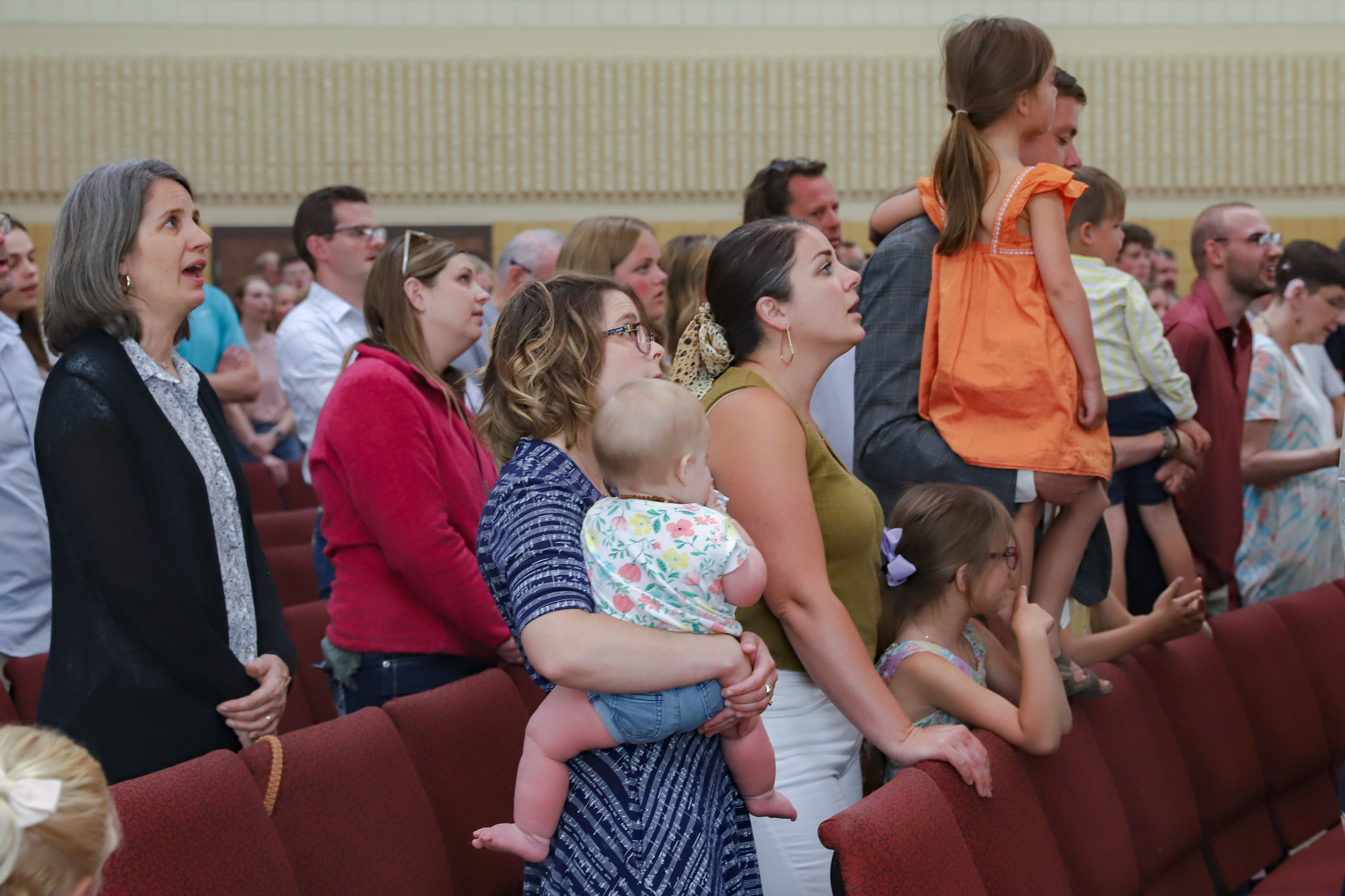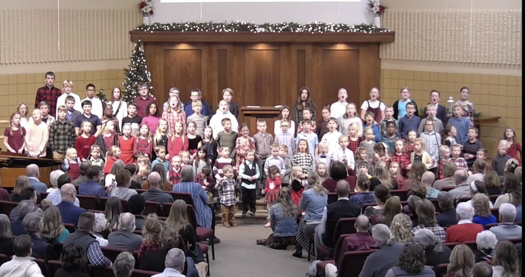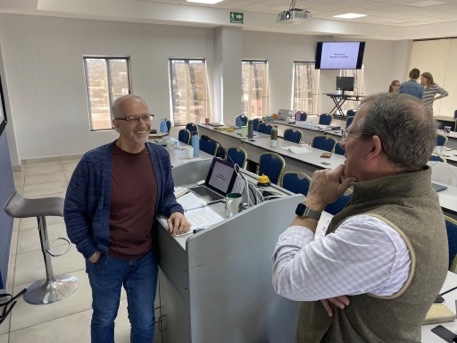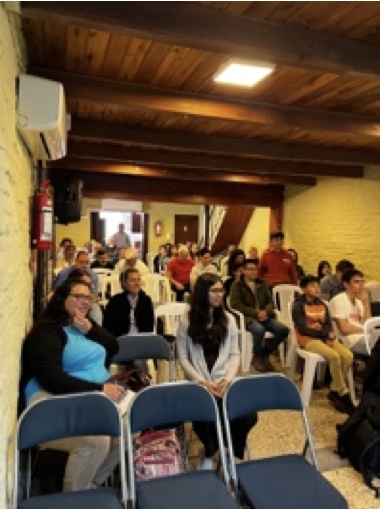Apr 26
2024
Why Celebrate the Lord's Supper More Often?
At our April stated meeting, Harvest session voted to increase the number of times we celebrate the Lord’s Supper from once to twice per month. There is no chapter and verse in the Bible commanding how often we should celebrate this sacrament. There also isn’t a required frequency in our secondary standards (confessions, catechism or book of church order). Each local session is free to make this decision based on their conviction of what will best glorify God and edify his people.













